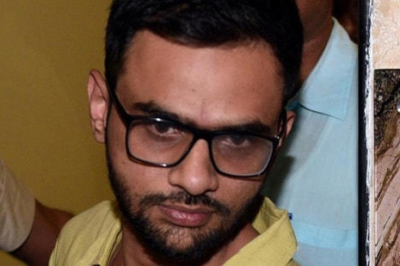
- Former JNU student leader Umar Khalid granted 7-day interim bail by a Delhi court to attend his cousin’s wedding from December 28 to January 3.
- Khalid, in custody since 2020 under the UAPA for his alleged role in the Delhi riots, has repeatedly sought bail over the past four years.
- His bail pleas emphasize the absence of physical evidence linking him to the riots and highlight his advocacy for non-violence during the CAA protests.
Why Was Umar Khalid Arrested?
The Delhi riots of 2020, which followed protests against the Citizenship Amendment Act (CAA), saw Umar Khalid charged under the Unlawful Activities (Prevention) Act (UAPA). Khalid was accused of conspiracy and incitement, despite his claims of being elsewhere during the violence and adhering to the Gandhian principle of non-violence in his speeches.
While his earlier bail pleas were dismissed, Khalid’s legal team continues to argue that no physical evidence directly ties him to the riots. Questions were also raised about why certain prominent figures allegedly present at conspiracy meetings were not named in the case.
Temporary Relief Amid Prolonged Legal Struggles
After multiple bail rejections, including one as recent as December 6, the Delhi court granted Khalid interim bail for seven days. This decision allows him to step out of custody momentarily for personal reasons, but the legal battle over his involvement in the riots remains unresolved.
Despite comparisons to co-accused individuals like Devangana Kalita and Natasha Narwal, who have been granted bail, Khalid’s attempts for parity have yet to succeed.
As this short reprieve unfolds, one crucial question remains: will Umar Khalid’s case pave the way for discussions on the application of stringent laws like UAPA, or will it continue to face prolonged delays in justice?









































Leave a Reply